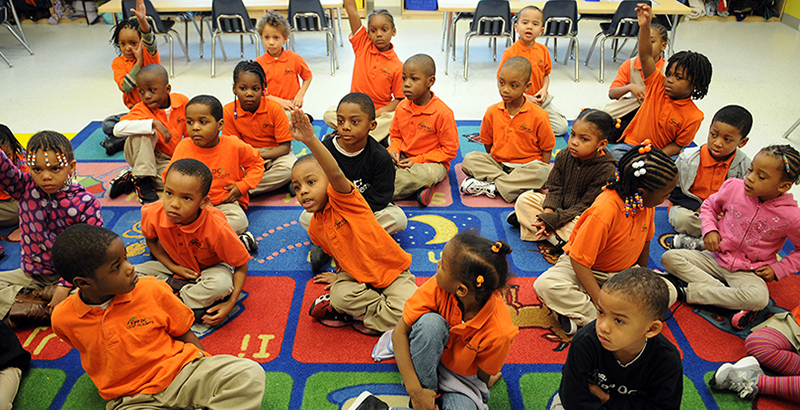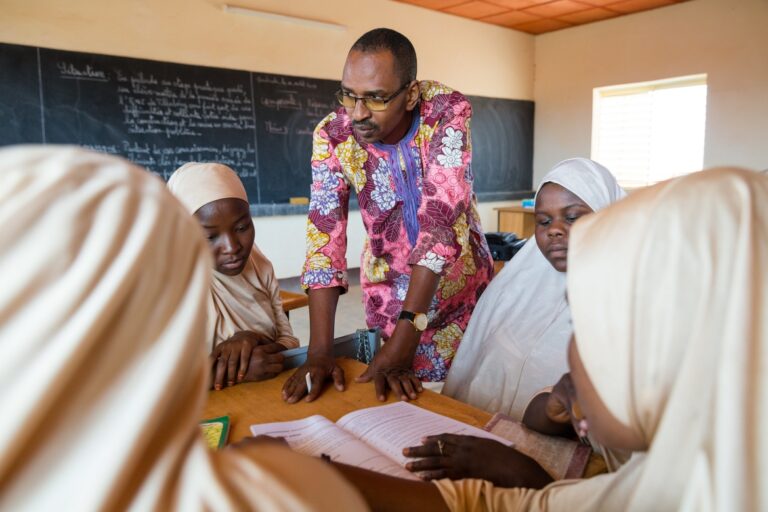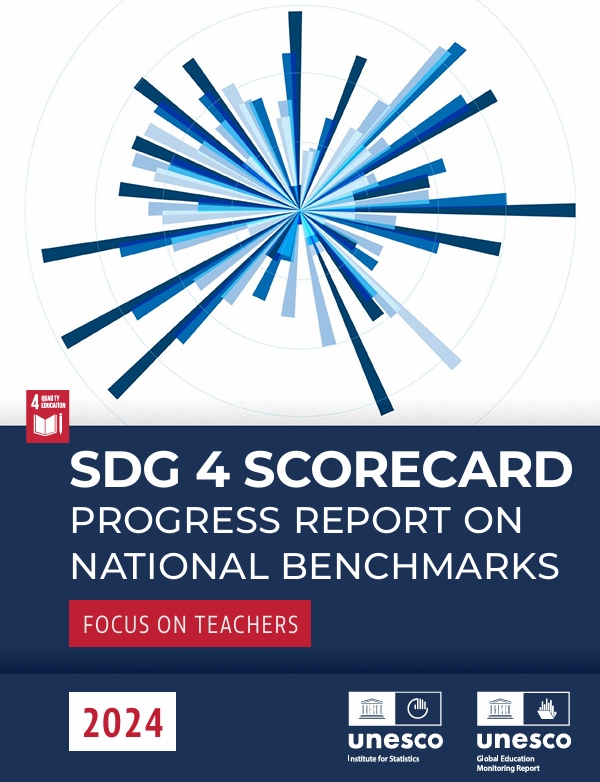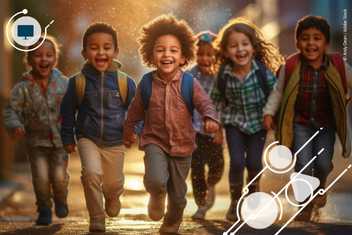By: Jessica Bobo, 3 April 2018
Some years ago, I was in my first-grade classroom, where I had worked intentionally to craft a nurturing learning environment. During circle time, when the kids shared what was happening in their lives, a youngster bravely said he was unsettled because the police had been to his house and arrested one of his parents.
Not many adults would have the courage to share so personally with their work-day peers. That this sweet child spoke at all was a profound endorsement of the inclusive and safe culture of my classroom. But what really spoke to my heart was that after the organized sharing time was over, another student approached the boy and said, with unimaginable empathy, that his father had been in jail for some time, so he could understand what the first child was going through. Then they hugged, for as long as each child needed it.
It was beyond touching. And it illustrated why social-emotional learning is vitally important in early pedagogy.
While teachers are in classrooms to impart academic skills and content, we are also crucial caregivers, especially in the early grades. I know many teachers who’ve had to ask for donations of toothbrushes and similar items to fill in gaps in standard caregiving before they can even start teaching.
Both academic and anecdotal evidence makes clear that if students are not secure in the basic needs of food, clothing, and safety, they cannot be attentive or motivated to achieve academically. This is why investments in social and emotional learning should come before academic ones. SEL initiatives can mitigate those consequences by awakening social awareness, creating positive relationships, and illustrating responsible decisionmaking, putting kids in control of their bodies and words. In so doing, it gives them the confidence to be active and engage in challenges — skills they will need throughout their lives of learning, work, and play.
In math, for example, early learning is fundamentally a language skill. There’s a profound difference between classrooms where teachers deploy a “watch me do this” approach and a “you tell me” approach. If early learners just hear and see math, with no opportunity to speak it, they won’t get a firm understanding. In classrooms with distracted, disengaged, or insecure students — learning environments that lack an SEL focus — kids are seldom confident enough to speak their math, stifling academic development. And if kids fall behind in math early, they will continue to struggle.
In a classroom environment as open and supportive as mine was, my students surely felt comfortable enough to engage in their academic work with confidence, without fear of judgment, ridicule, or failure. I’d wager more than lunch money that those children felt empowered, even bold, in their studies, knowing that their teacher and their classmates genuinely cared about their success and well-being, both inside the classroom and out.
Implementing teacher-driven, classroom-specific changes like SEL and circle time (which is important all the way through school) create stable foundations for lifelong learning and should be part of every classroom, no matter the institution. They should start on day one and persist as an intentional part of classroom culture. They are a great way for children to get to know one another on a personal level, to see one another as human beings. To make connections. To show their importance in this world.
Moreover, these are the rare type of big, beneficial academic changes that can happen by simply getting district and school bureaucracies out of the way. District mandates or state standards that require teachers to initiate academics on the first day, for example, can impede the important work of developing a prospering, emotionally supportive classroom learning community like I had years ago. Ideally, creating new standards to help grow social-emotional intelligence in students in the early grades, alongside academic standards, will shape our future leaders.
Most early learning teachers understand the important roles they play in developing character and engineering curiosity and confidence in our students. Teachers should not have to choose between building great students and marching through their lesson plan. Helping kids feel confident and empowered should be the lesson plan.
Jessica Bobo is an early childhood education specialist with a focus on mathematics, and a former teacher. She is the author of Origo Stepping Stones Pre-K comprehensive mathematics program.





